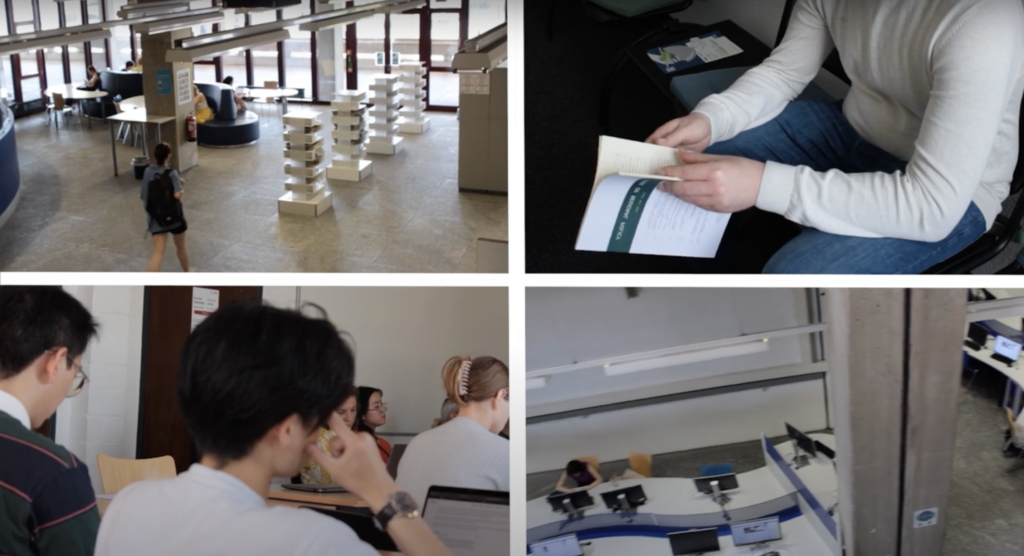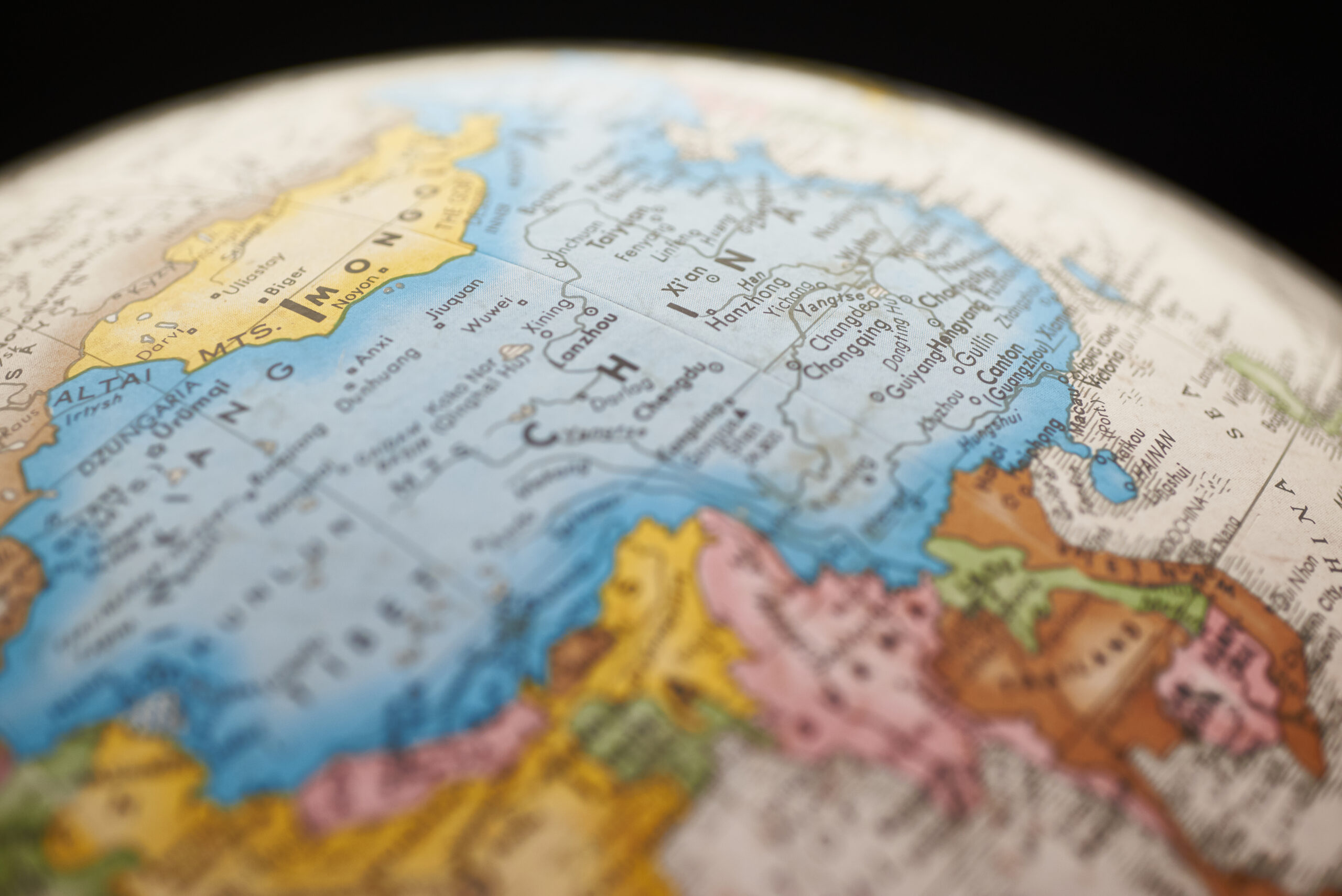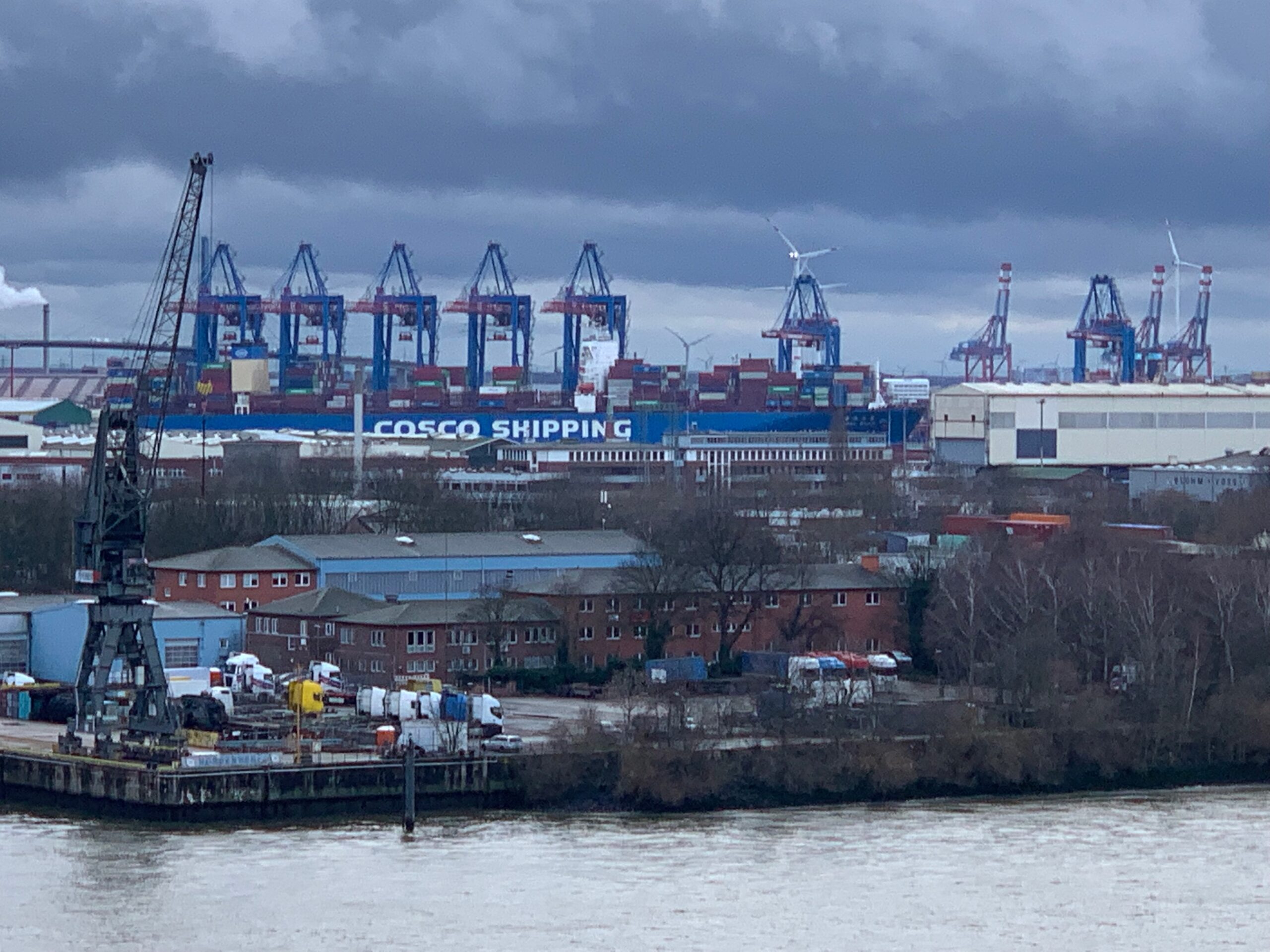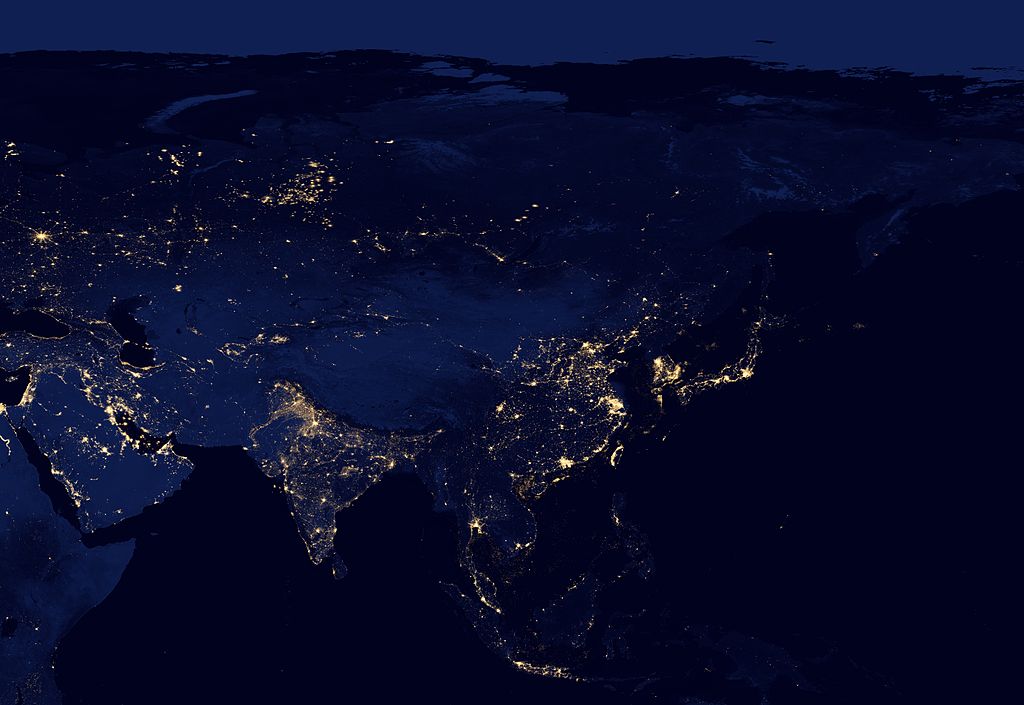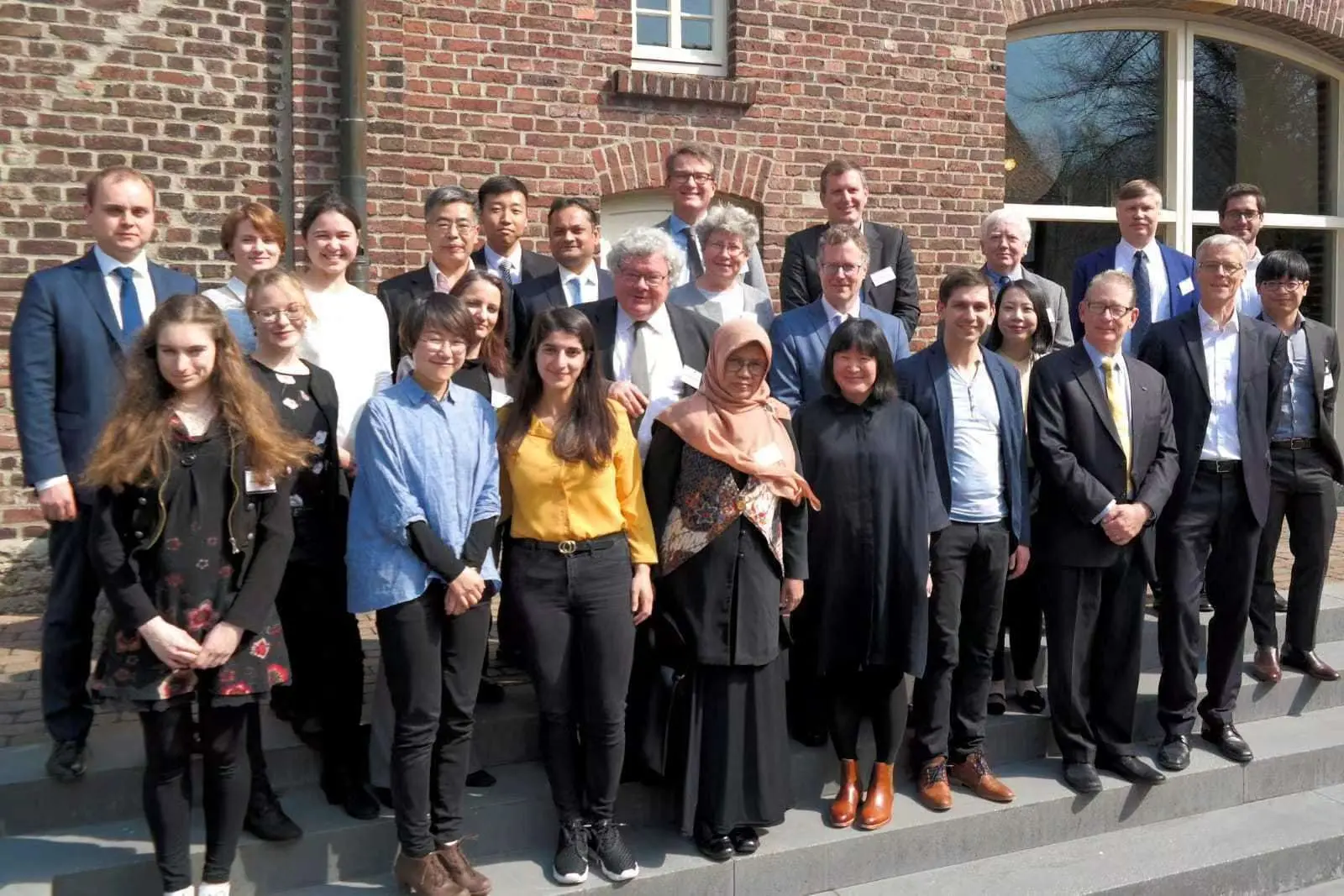Research
Focus on EU Studies and EU-Asia affairs, with particular attention to the role of connectivity
The Centre for EU-Asia Connectivity (CEAC) promotes joint research activities in the research field of EU Studies and EU-Asia relations, with particular attention to the role of connectivity. Within our network, we pool expertise from Europe, Asia, and beyond. The Centre provides an interdisciplinary, multicultural, and cross-generational platform for junior and senior researchers alike.
Research activities contribute to a differentiated and more strategic understanding of the EU’s role in a globalised world, as well as the factors that strengthen and inhibit it. Our research adds to existing academic literature and also provides policy relevant recommendations.
General Objectives
- Providing students, junior researchers, and academic community with theoretical, conceptual, and empirical content
- Promoting the cross-generational research and engaging in a diverse and multicultural work environment
- Encouraging interdisciplinary and comparative research activities
- Fostering dialogue between the academia and broader society
- Establishing regional and international networks
- Publishing and disseminating research findings through various on-line and off-line communication channels
Research Projects
The Centre for EU-Asia Connectivity (CEAC) is the first Jean Monnet Centre of Excellence at Ruhr-Universität Bochum. We feel proud of our ability to attract external funding.
CEAC’s researchers are engaged in a number of different research projects and activities. Several projects are initiated jointly by researchers with common research interests.
Researchers meet regularly, organise seminars, and invite guest lecturers in relation to their particular research projects. When possible, new collaborations are started and scholar exchanges are conducted.
On-going projects
Previous projects
Visiting Scholars
CEAC contributes to researcher exchanges and academic cooperation between Europe and Asia, and worldwide. The Centre offers opening opportunities for visiting scholars to fruitfully collaborate with other peers.
We work to encourage dialogue and interdisciplinary expertise, involving researchers from all around the world in its activities. We strongly believe that the intellectual life at the Centre is enriched by the academic and regional diversity of our guests. With the aim to contribute to academic development through international exchange, we accommodate academic faculty from other universities who wish to spend a period of time at CEAC, pursuing research on a particular topic related to the Centre’s purpose. Guests are invited to attend the Centre’s events, workshops, conferences, and colloquia.
Exchanges for international researchers and visiting scholars possess special importance for CEAC’s academic research. It seeks to expand international mobility of junior and senior researchers, as well as to leverage collaborations and networks, particularly between Europe and Asia. The integration of guests into CEAC is a central goal of our research activities.
Research Mobility
Research Mobility increases the quality of teaching and research through the exchange of knowledge, international networking, and common research projects
The Centre for EU-Asia Connectivity (CEAC) contributes to research mobility and academic cooperation between Europe and Asia, and worldwide. It seeks to expand international mobility of junior and senior researchers, as well as to leverage collaborations and networks. The Centre offers opening opportunities for visiting scholars and researcher exchanges to fruitfully collaborate with other peers.
CEAC works to encourage dialogue and interdisciplinary expertise, involving researchers from all around the world in its activities. We strongly believe that the intellectual life at the Centre is enriched by the academic and regional diversity of our guests. With the aim to contribute to academic development through international exchange, we accommodate academic faculty from other universities who wish to spend a period of time at CEAC, pursuing research on a particular topic related to the Centre’s purpose. Guests are invited to attend the Centre’s events, workshops, conferences, and colloquia.
Application Eligibility
Priority will be given to:
- Fully funded postdocs and senior researchers
- Ph.D. candidates
- Practitioners who are otherwise appropriately qualified
- All external researchers and visiting scholars need to provide their own funding
CEAC accommodates visitors with a broad range of academic experience and qualifications. The duration of a given research stay depends on the research project.
External researchers and visiting scholars are not entitled to salaries nor eligible for employee’s compensation insurance, since the exchange cooperation does not constitute an employment scheme. In this regard, travel, personal, and living expenses are not provided.
Application Procedure
Prospective researchers are requested to fill in the online application form and provide all of the following information:
- Cover letter (max. 1 DIN A4 page)
- Short CV (max. 2 DIN A4 page)
- A brief research outline (600-1,000 words)
All documents must be prepared in English and enclose in a single PDF file. At this stage, please do not submit us any other documents as they will not be considered. It should be noted that an application cannot be processed until all of these items have been received. Applicants should expect the application process to take within two to three months.
Publications
The Centre for EU-Asia Connectivity (CEAC) facilitates academic publications on conceptualising and analysing connectivity-related issues. Publications aim at disseminating insight expertise on areas of EU studies and EU-Asia affairs in a globalised and yet increasingly fragmented world economy. The Center generates critical academic analysis in order to enhance a differentiated and more strategic understanding of EU-Asia relations and the factors that strengthen and inhibit connectivity within and between the two regions.
At the same time, the Centre promotes cooperation among researchers with regards to research mobility, research projects, research networks, as well as dissemination and communication of academic research.
Publications take various forms such as policy briefs, academic journal articles, edited volumes, and monographs.

